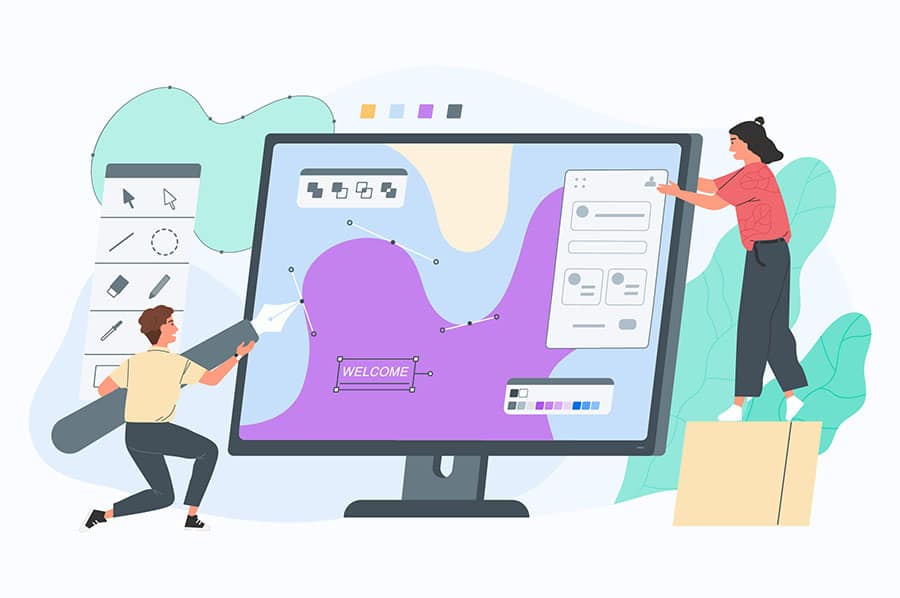1. Improve Business Credibility
A simple way to view a website is that it is your online business address. This is where your customers, clients and associates go to find you on the Internet.
The Home page identifies your branded value proposition, the About Us page tells visitors all about your business and the Contact Us page informs everyone how to get in touch with you.
2. Enhance Your Online Presence
If your small business does not have a website, you will be undermining its ability to generate income. And not just any website; but a mobile responsive website, one that can be accessed by mobile devices such as smartphones and tablets. A mobile responsive website will help you capitalize on the opportunities available on the Internet through the following ways:
- Improve Search Rankings – By optimizing your web pages, it will be easier for people to find your content.
- Distribute Content – Create relevant, unique and usable content and distribute them through different channels such as social media and blog sites. People who love your content would want to know more about you and visit your website.
- Open 24/7 – Unlike a brick- and- mortar business that operates 9- to- 5, a website never closes shop. It is open 24/7, even on holidays.
- Introduce Business Flexibility – If you don’t want to miss out on opportunities, outsource customer service and have your agents manage all concerns and inquiries via chat or e-mail support at your website.
3. Build a Strong Relationship with Your Market
A business by definition is a living, breathing entity. Loyalty is achieved when customers know they are dealing with a company that understands their needs and not just a company that wants to profit.
- Let the Market Know “Who You Are”. Outside the Home and About Us pages, you can set up a blog page where you can share your thoughts and ideas with your audience.
- Address the Needs of Your Market. Invite your audience to engage you by encouraging them to post comments on your blogs. Embed survey forms and ask your audience to participate and convey their needs.
- Educate the Market of Your Business. Utilize the 80-20 Rule; 80% of your content should be usable or relevant to the needs of your audience while 20% should educate them about your business.
- Improve Customer Service. In addition to e-mail, social media, mobile and landline, install chat support as the 5th avenue for customer service. This will give your end-users more options to relay concerns and inquiries.
4. Create a Tool for Sales Generation
A website can also be an active and passive tool for generating income because it is the termination or exit point in the sales funnel.
It is very difficult to convert sales in social media. There are no available mechanisms to complete the transaction on- the- spot. An e-commerce website for example, has a checkout counter where goods and services can be paid for right away.
5. Keep Track of Your Business in Real Time
One of the most significant benefits of having a website for a small business is that you can keep track of its performance in real time through the use of analytics.
Analytics will provide you valuable data on how your business has been moving within a period of time.
6. Professionalize Your Brand
Many small business owners make the mistake of not working on their brand until they gain traction.
You have to start working on your brand before launching your business. The brand gives your business its identity and makes it easier for customers and clients to understand what it is all about.
So what are you waiting to start your business improvement, let us help you grow contact us today and benefit from our services
A website is not an expense. It is an investment because you should expect a return on your money within a period of time.


 MEWS is a full service web development Internet marketing company and technology integrator founded in 2003, by leading industry consultants with previous technology experience.MEWS is an Internet services and solutions company with interests in website development – Mobile applications– domain name registrations - web hosting.
MEWS is a full service web development Internet marketing company and technology integrator founded in 2003, by leading industry consultants with previous technology experience.MEWS is an Internet services and solutions company with interests in website development – Mobile applications– domain name registrations - web hosting.